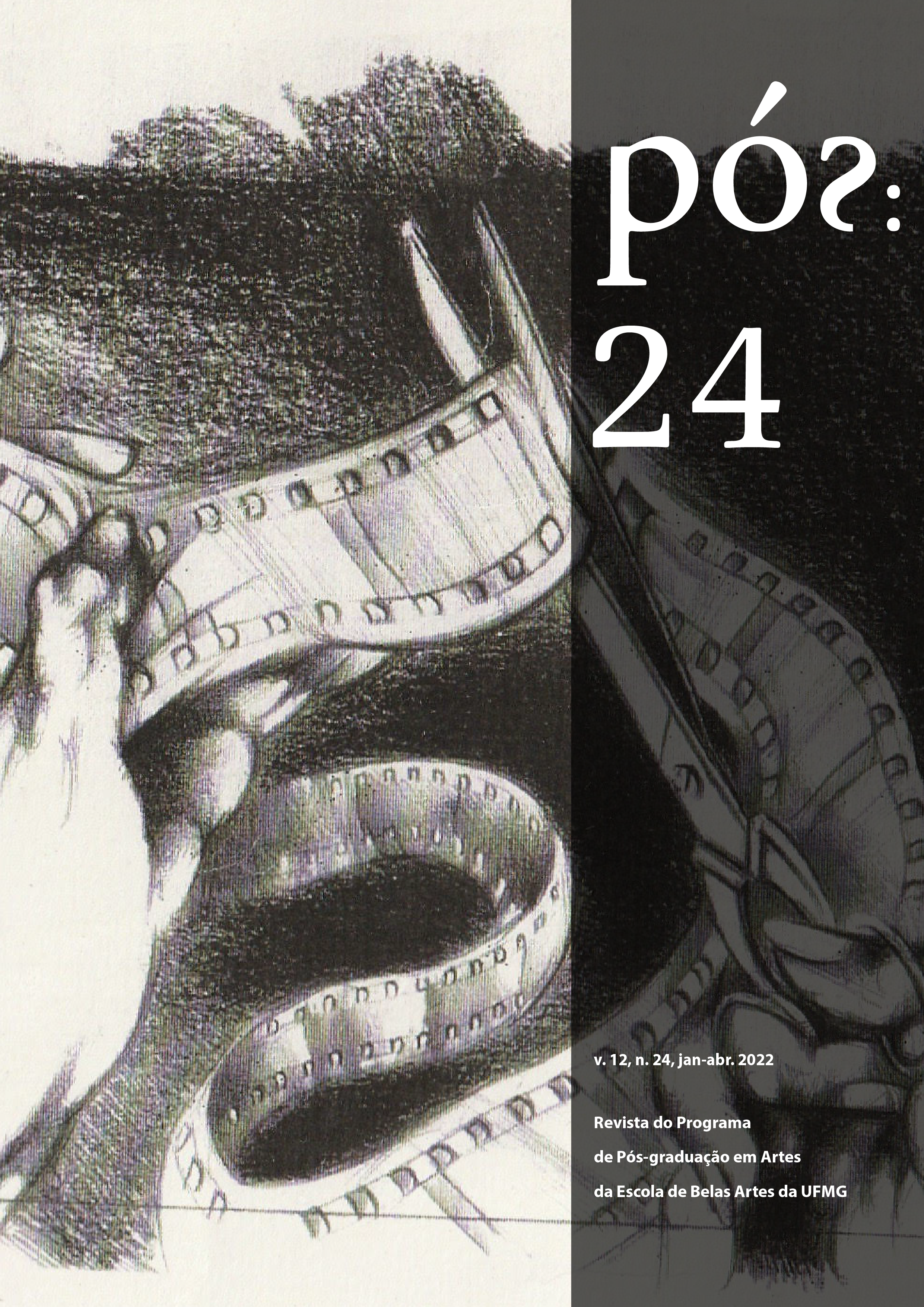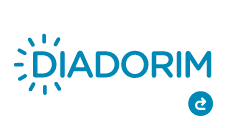Sabor a sangre
horror gótico y deseos monstruosos en el cine queer brasileño contemporáneo
DOI:
https://doi.org/10.35699/2237-5864.2022.36150Palabras clave:
Cine queer., Cine brasileño, Cine contemporáneo, Horror, GóticoResumen
A través del análisis cinematográfico comparativo de una constelación de cortometrajes y largometrajes del cine brasileño contemporáneo, este artículo tiene como objetivo explorar cómo el género de horror es utilizado por una nueva generación de cineastas queer como una forma de representar el deseo sexual disidente. A partir de lecturas queer sobre el horror gótico, analizaremos la recurrencia de la sangre en estas narrativas como metáfora de la abyección y el deseo, así como la apropiación positiva de la monstruosidad y sus implicaciones en el panorama de las producciones audiovisuales que abordan el deseo homosexual en Brasil.
Descargas
Referencias
BARBOSA, André Antônio. Constelações da frivolidade no cinema brasileiro contemporâneo. 2017. 182 f. Tese (Doutorado em Comunicação e Cultura) – Escola de Comunicação, Universidade Federal do Rio de Janeiro, Rio de Janeiro, 2017.
BENSHOFF, Harry M. Monsters in the closet: Homosexuality and the horror film. Manchester: Manchester University Press, 1997.
CANTO dos ossos. Direção: Jorge Polo e Petrus de Bairros. Fortaleza: Lambeolhos Produções, 2020. Vimeo (88 min).
DYER, Richard. The culture of queers. Oxfordshire: Routledge, 2002.
ELLIOTT-SMITH, Darren. Queer Horror Film and Television: Sexuality and Masculinity at the Margins. London: Bloomsbury Publishing, 2016.
HALBERSTAM, Jack. Skin Shows: Gothic Horror and the Technology of Monsters. Durham: Duke University Press, 1995.
JONAS banhado em sangue. Direção: Mateus Bandeira. Fortaleza: Vira-latas, 2017. Vimeo (18 min).
KRISTEVA, Julia. Powers of horror: an essay on abjection. Nova York: Columbia University Press, 1982.
LACERDA JUNIOR, Luiz Francisco Buarque de. Cinema gay brasileiro: políticas de representação e além. 2015. 187 f. Tese (Doutorado em Comunicação) – Centro de Artes e Comunicação, Universidade Federal de Pernambuco, Recife, 2015.
MATE-ME por favor. Direção: Anita Rocha da Silveira. Rio de Janeiro: Bananeira Filmes, 2015. Telecine Play (105 min).
MENNEL, Barbara. Queer cinema: Schoolgirls, vampires, and gay cowboys. New York: Columbia University Press, 2012.
MISKOLCI, Richard. Teoria Queer: um aprendizado pelas diferenças. Belo Horizonte: Autêntica, 2012.
MORENO, Antônio do Nascimento. A personagem homossexual no cinema brasileiro. 1995. 148 f. Dissertação (Mestrado em Multimeios) – Instituto de Artes, Universidade Estadual de Campinas, Campinas, 1995.
O MISTÉRIO da carne. Direção: Rafaela Camelo. Brasília: Apoteótica Cinematográfica, 2018. Itaú Cultural Play (18 min).
PALMER, Paulina. The queer uncanny: new perspectives on the gothic. Cardiff: University of Wales Press, 2012.
RICH, B. Ruby. New Queer Cinema. In: MURARI, Lucas; NAGIME, Mateus (org.). New Queer Cinema: cinema, sexualidade e política. Rio de Janeiro: Caixa Cultural, 2015. p. 18-29.
RUSSO, Vito. The celluloid closet: Homosexuality in the movies. New York: Harper Collins, 1987.
SOUTO, Mariana. Constelações fílmicas: um método comparatista no cinema. Galáxia, p. 153-165, set-dez 2020. Disponível em: <https://revistas.pucsp.br/index.php/galaxia/article/view/44673>. Acesso em: 20 ago. 2021.
VOCÊ é diferente. Direção: George Pedrosa. São Luís: Hanky Panky Filmes, 2017. Vimeo (12 min).
WISKER, Gina. Devouring desires: lesbian Gothic horror. In: HUGHES, William; SMITH, Andrew (org.). Queering the Gothic. Manchester: Manchester University Press, 2009. p. 123-141.
Descargas
Publicado
Número
Sección
Licencia
Derechos de autor 2022 Henrique Marques

Esta obra está bajo una licencia internacional Creative Commons Atribución-NoComercial 4.0.
Los autores que publican en esta revista aceptan los siguientes términos:
- Los autores conservan los derechos de autor y conceden a la revista el derecho de primera publicación, con el trabajo bajo la Licencia Creative Commons Attribution-NonCommercial 4.0 International License que permite compartir el trabajo con reconocimiento de autoría y publicación inicial en esta revista;
- Los autores pueden celebrar contratos adicionales por separado, para la distribución no exclusiva de la versión del trabajo publicado en esta revista (por ejemplo, publicar en un repositorio institucional o como capítulo de un libro), con reconocimiento de autoría y publicación inicial en esta revista.
- Se permite y anima a los autores a publicar y distribuir su trabajo en línea (por ejemplo, en repositorios institucionales o en su página personal) en cualquier momento antes o durante el proceso editorial, ya que esto puede generar cambios productivos, así como aumentar el impacto y la cita del trabajo publicado.
- Es responsabilidad de los autores obtener permiso escrito para utilizar en sus artículos materiales protegidos por la ley de derechos de autor. La Revista PÓS no se hace responsable de las violaciones de los derechos de autor de sus colaboradores.












